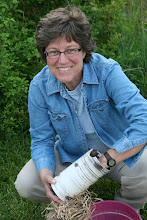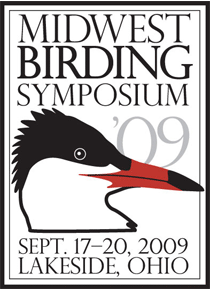Blessings All Around
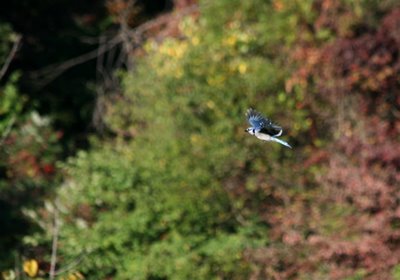
The blue jays are moving. An early Bruce Cockburn song went:
Mmmm—every day
Flashes like a spray of blue jays
Mmmm- a golden crown on every one
Like an eagle, seen against the sun.
Flashes like a spray of blue jays
Mmmm- a golden crown on every one
Like an eagle, seen against the sun.
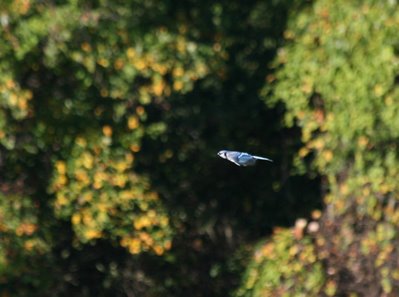
Jays flashing from tree to tree against autumn foliage do something to me. I try and mostly fail to capture their beauty in a picture. I’m grateful to have such a big, boldly beautiful bird be common around here, and abundant in the fall. If you’re ever tempted to take blue jays for granted, just have a birder from England or Wales stay at your house. You’ll never look at blue jays, cardinals, hummingbirds or lightning bugs the same way again. Imagine life without them!
We had a Welsh family spend a week with us some years ago. Steve Moon is a birder who gives new meaning to “avid.” He chases vagrants and can endlessly discuss the pattern on the third tertial of some juvenile stint. But let a blue jay land on the feeder and Steve would drop everything and stare, open-mouthed. “Brilliant!” he’d shout. He’d stand under the porch light at night, gently capturing and examining moths, and he announced that he could stay here for a year and never identify them all. To him, we owe the small bit of knowledge that we have Setaceous Hebrew Characters at our lights at night. What a moth name. It refers to a little black scrawl on the wing that looks like a Hebrew letter, lying on its side (setaceous). Yeah!
Peter Lawson, a peerless bird guide from South Africa, had a similar reaction to our throngs of ruby-throated hummingbirds when he stayed here. The closest thing Africa has to hummingbirds is sunbirds, which clamber around on inflorescenses, probing with curved bills. They’re colorful, in a greasily iridescent way, but they’re too big to hover and dart; they’re five times the size of hummingbirds. Peter was enchanted with the hummingbirds and the colorful warblers and tanagers in our forests. And his favorite North American mammal was the opossum, another animal we tend to take for granted. He was deeply impressed with the forest everywhere, and kept asking who owned and managed this or that tract we’d drive by. He couldn’t believe I didn’t know. In South Africa, any existing forest is under some kind of official protection, and likely to be surrounded by high game fencing. Peter just couldn’t get over the thought that he might see white-tailed deer running free across the road, when we weren’t even in a game preserve.
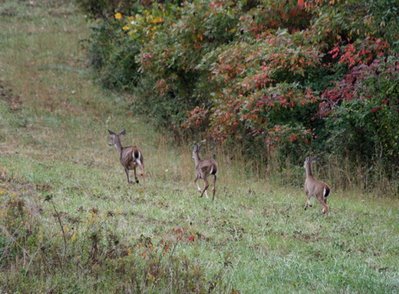 He couldn’t believe that garden centers left their flowers outside all the time—he said they’d all be stolen the first night in South Africa. Think about it—living in a place where anything that isn’t tied down is stolen; where the forests are all known, circumscribed, heavily protected; where all “game” is accounted for and certainly not wandering out amongst the populace. We are truly blessed, with our hovering hummingbirds, wandering deer, our blankets and miles of forest, our sprays of blue jays.
He couldn’t believe that garden centers left their flowers outside all the time—he said they’d all be stolen the first night in South Africa. Think about it—living in a place where anything that isn’t tied down is stolen; where the forests are all known, circumscribed, heavily protected; where all “game” is accounted for and certainly not wandering out amongst the populace. We are truly blessed, with our hovering hummingbirds, wandering deer, our blankets and miles of forest, our sprays of blue jays.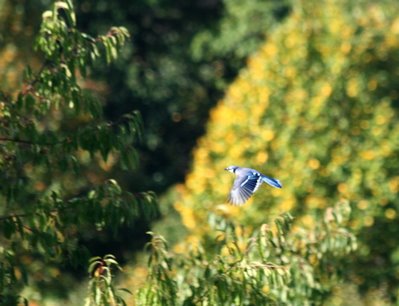
Labels: appreciating America, Blue jays, British Isles birders, South African game preserves, what we take for granted

